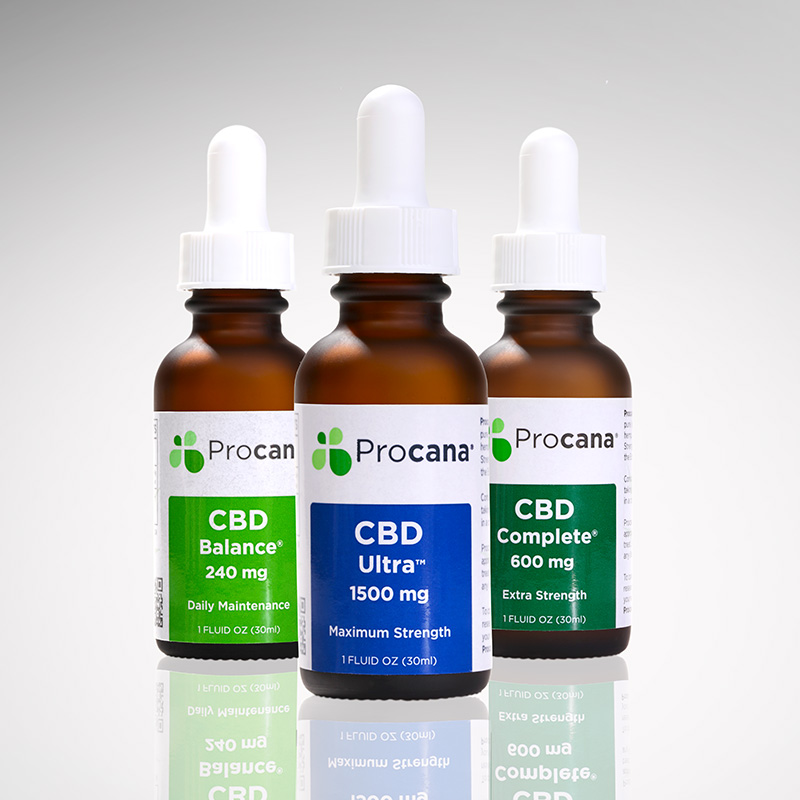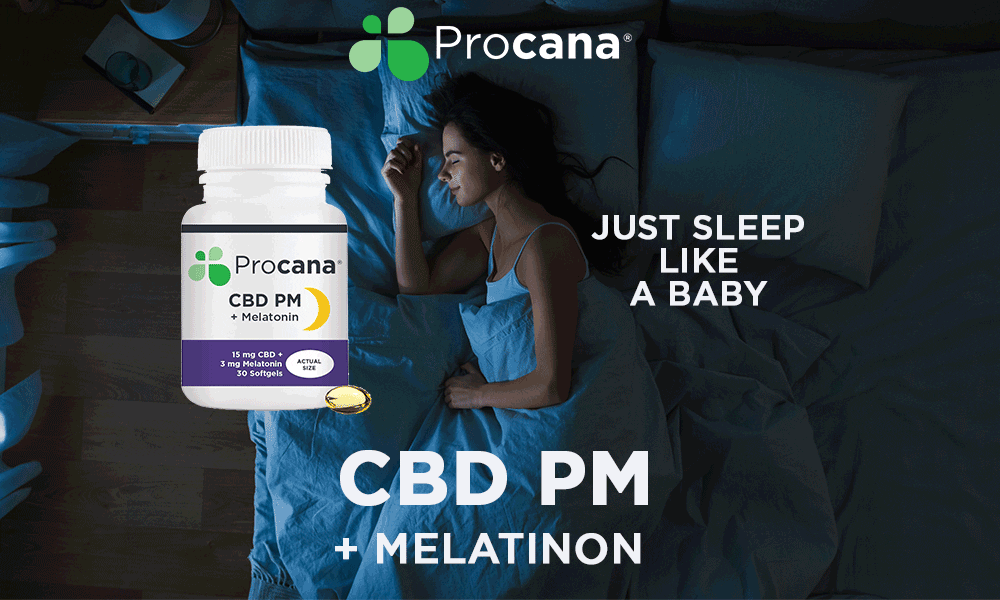Marijuana is addictive when you use it in high doses; so many people think that CBD can be addictive too. Nowadays CBD is the main ingredient of every other product, and its popularity is increasing day by day due to its potential health benefits. You can find CBD gummies, softgels, health supplements, and CBD-infused skincare products.
So, CBD is the star ingredient of almost every product. CBD is one of the compounds present in the cannabis plant. It doesn’t have psychoactive properties like THC. THC is another compound present in the cannabis plant and known for its head-high effects. That’s why many people have the misconception that CBD might have the same potential for addiction. Is CBD addictive, and what does research say about it?
CBD Addiction and Research Evidence
- According to research, CBD doesn’t have addictive properties like THC. THC, when administered, flows through the bloodstream and attaches to the receptors of the endocannabinoid system. These receptors are associated with many functions like cognition, hunger, happiness, etc. Large doses of THC can interfere with the functions of endocannabinoids and produce intoxicating effects. On the other hand, CBD also affects the endocannabinoid system but doesn’t produce intoxicating effects.
- According to the WHO, in a pre-review report, well-controlled human experimental research shows that CBD is not associated with abuse potential.
- A small study also supports that CBD doesn’t have any addictive properties and other potential side effects. Thirty-one participants were part of the studies. Marijuana produces significant physical and psychological effects, such as an increase in heart rate and a high-head. On the other hand, CBD did not affect heart rate, blood pressure, and any head-high effects.
- CBD does not have addictive properties, but it may help in treating drug addiction. This study supports that CBD helps to reduce withdrawal symptoms and problems related to crack-cocaine addiction. Moreover, this study suggests that preclinical studies and future clinical trials are necessary to fully evaluate the potential of CBD as an intervention for cocaine addictive disorders.
- Similarly, one more study supports that CBD is utilized as an intervention for addictive behaviors related to using nicotine. This review says that CBD had therapeutic properties in the treatment of other addictions.
Effects of CBD
CBD has many therapeutic benefits and helps treat a wide range of medical conditions.
- CBD is part of the first FDA-approved drug, Epidiolex. This drug is used to treat epilepsy and seizures. This CBD-based drug is also effective in various drug-resistant epilepsy. FDA-approved Epidiolex is also effective in treating rare forms of epilepsy, including Dravet syndrome and Lennox-Gastuaut syndrome. Seventy-two children and sixty adults with treatment-resistant epilepsy were part of a clinical trial. They all received five to fifty milligrams per kilogram of CBD daily body weight (mg/kg). The researchers reported that two-thirds of the participants experienced at least a 25% reduction in seizure frequency while receiving CBD treatment. Similarly, CBD is effective in managing disturbed sleep and helps in regulating sleep cycles. Many people who are suffering from sleep issues are getting benefits from CBD and its products.
- A study published in this journal supports that CBD is helpful in managing sleep issues and mood disorders. Researchers examined CBD’s effects on seventy-two adults with stress and sleep issues. Within a few weeks of treatment, almost eighty percent of participants reported reduced stress, and almost sixty-seven percent reported improved sleep quality.
- CBD also helps in improving the quality of life. A study was conducted in New Zealand and CBD was reviewed as a single solution for various health issues. Participants showed improved quality of life and mental health. Still, there is a need for such researchers in which CBD should be investigated as a single solution for many health issues.
- CBD is also effective in helping to manage chronic pain. Chronic pains affect the quality of life and also disturb mental health. Different studies support the effectiveness of CBD.
Some Frequently Asked Questions
Q. Can CBD Have Side Effects?
According to the World Health Organization (WHO), CBD is safe to use. However, as everybody is different and has a different tolerance level, they may encounter some side effects. CBD’s side effects include nausea, vomiting, change in appetite, etc. it is also possible that some people don’t feel any side effects.
Q. Can I Fail a Drug Test After Taking CBD?
Drug tests are designed to detect THC. THC is a psychoactive compound and is notorious for its head-high effects. Usually, CBD consumption doesn’t affect your drug test, but if you’re taking products that have other ingredients like THC, then you may fail your drug test. CBD alone doesn’t appear in drug tests. To stay on the safer side, don’t consume any products which have CBD, THC, and other cannabinoids.
Q. What Is the Right Dose of CBD for Beginners to Avoid Any Potential Side Effects?
If you are a beginner, then start with a small dose to avoid any side effects. Gradually you can increase the dose in milligrams according to your tolerance level. Moreover, don’t forget to consult your doctor or your health care practitioner before starting CBD. It is crucial to take advice from your doctor if you are already on some medicines; CBD can interact with other medicines. If you have some chronic health issues and want to take CBD, then also consult your doctor or health care practitioner.
Wrapping up the Things
It is a fact that CBD does not have addictive properties. There is no evidence of public health-related problems associated with the use of pure CBD, but still, there is a need for more research and clinical trials to dig into the depth. Most of the studies are animal and on small doses of CBD. Usually, CBD is safe, but it doesn’t make it suitable for everyone. On the other hand, effects of large doses of CBD and their long-term uses are still under research. Researchers need to focus more on it.





